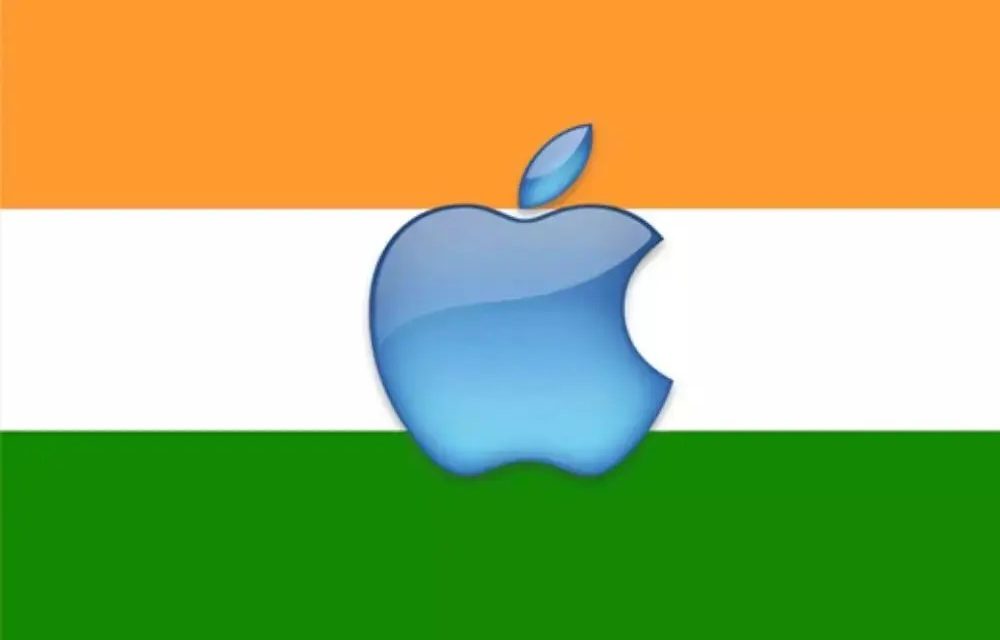Apple is among 110 companies authorized by India to import laptops, tablets and personal computers under a new system aimed at monitoring shipments, two government sources told Reuters.
The companies must register the quantity and value of imports using a web portal, with import authorizations valid until September 2024. This moves comes after a brouhaha over India’s tech import restrictions.
In a surprise announcement on Aug. 4, India announced it was banning inbound shipments of laptops and tablets without a license, reported Bloomberg. The article says that the companies had been expecting the government to implement some import measures, but wasn’t expecting this particular move or the speed with which it happened.
However, in a notification published on August 4, the Ministry of Commerce and Industry said the implementation of the new import rule won’t go into effect till October 31. India’s Deputy IT Minister Rajeev Chandrasekhar assured the industry players that New Delhi will provide a “transition period” before implementing the amended import policy.
The government in its notification gave no reason for the move, but Prime Minister Narendra Modi’s government has been promoting local manufacturing and discouraging imports under his “Made in India” plan. Current regulations in India allow companies to import laptops freely, but the new rule mandates a special license for these products similar to restrictions India imposed in 2020 for inbound TV shipments.
On August 18, a broad coalition of America’s largest businesses — including Apple — protested the abrupt way in which India introduced tech import restrictions this month, saying the surprise move will damage New Delhi’s ambitions to become a global manufacturing hub and harm consumers, reported Bloomberg.
In a letter to US officials, eight American trade groups comprising the biggest players in technology and manufacturing asked the Department of Commerce, US Trade Representative and government more broadly to urge India to reconsider the policy.
Article provided with permission from AppleWorld.Today


